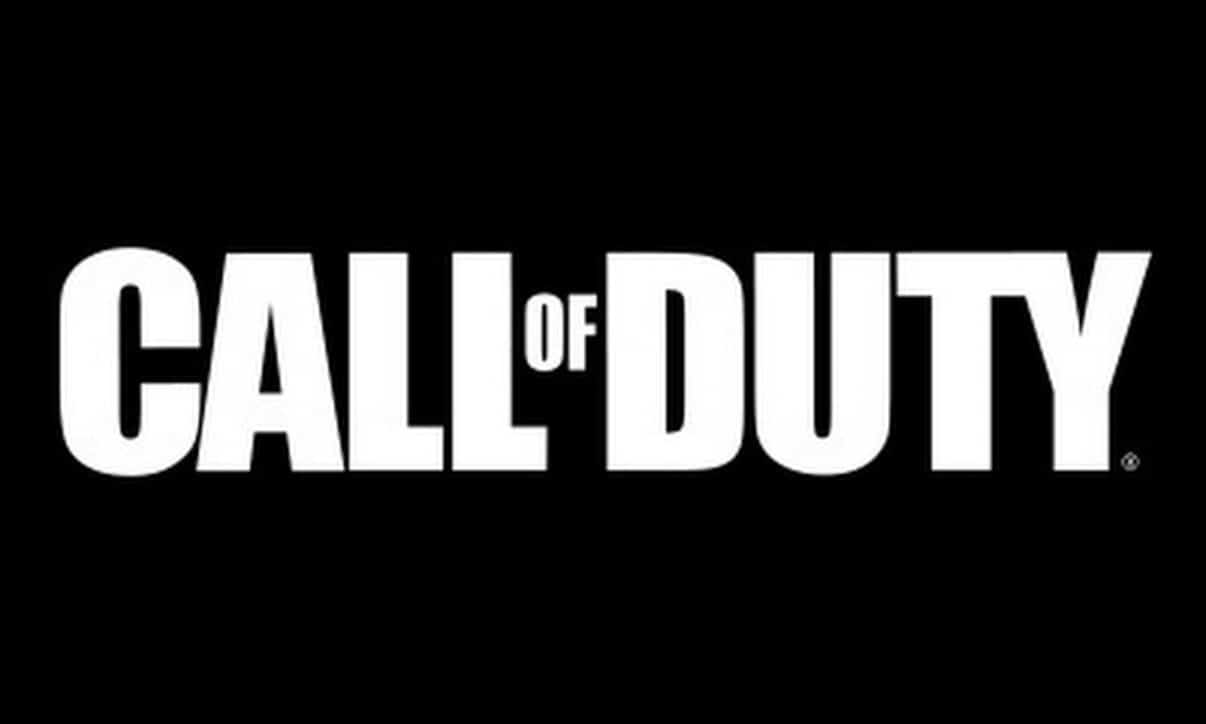
Microsoft has elaborated more on its intentions for Call of Duty for Nintendo Switch and has claimed that it is certain it will be able to get the series operating natively on the system. These comments were made in a recent blog post.
In the event that you have been unaware of the recent developments, Microsoft has been working toward the goal of finalizing the acquisition of Activision Blizzard, which was first disclosed some months ago. But, owing to fears about the effects of the merger, things haven’t been running as smoothly as they normally would. Microsoft is continuously attempting to make its case, and lately it attempted to create some confidence regarding multiplatform support by concluding a contract to have Call of Duty games on Nintendo platforms for the next 10 years — which was just done. This arrangement was only just finalized.
Call of Duty on Nintendo Switch … at all possible?
The United Kingdom’s competition authority, the Competition and Markets Authority, published its conclusions, and Microsoft subsequently released a response to those findings. This contains some conversation about Call of Duty for the Switch. Microsoft thinks that it can move Call of Duty to Switch rather than pursuing the path of hosting the game on the cloud. This includes not just Warzone, but also the full-priced experiences. Businesses cited other games’ successful ports as examples of their own, including Apex Legends, Doom Eternal, Fortnite, and Crysis 3.
Both free-to-play and pay-to-play versions of Warzone are included in the Call of Duty series of games. Warzone is powered by a sophisticated gaming engine that has been tuned to perform smoothly on a broad variety of computer platforms and hardware devices (ranging from the Xbox One console released in 2015 up to the Xbox Series X). Warzone is compatible with personal computer hardware that includes graphics processing units (GPUs) that were introduced as recently as 2015. (i.e., prior to the release of Nintendo Switch in 2017).
Confident
The developers at Activision have a long history of maximizing game performance by taking use of all the features offered by existing hardware. The Parties are confident that, in addition to Warzone, other Call of Duty pay-to-play titles, such as Call of Duty: Modern Warfare 2, can be optimized to run on the Nintendo Switch in a timely manner using standard techniques. These techniques have been used to port other games to the Switch, such as Apex Legends, DOOM Eternal, Fortnite, and Crysis 3. Activision believes that this might be accomplished in a period of time that is about (number not mentioned) months.
The concerns that were raised by the CMA prompted Microsoft to provide a response, which can be seen here. According to what is said in their report:
The internal papers of Activision make a note of the technological restrictions imposed by the Nintendo Switch platform. For instance, one Activision document says in an early-stage analysis that in order to create a Call of Duty release on the Nintendo Switch, the Call of Duty game would need certain (unspecified) components (whereas most current CoD titles require from 125-175GB of storage on console or PC). The phrase “Apex Legends'” is also used in the paper (unspecified). In another Activision document evaluating possible studios for Call of Duty, the amount of extra work that will be necessary is assessed, and technological concerns that have been encountered in past games are noted.
But really possible?
There is evidence to suggest that large-scale first-person shooter games do not run as smoothly on Nintendo systems because of the technological differences between the two companies’ products. A third party has stated that graphically intensive shooters may frequently be targeted initially at PlayStation and Xbox due to the particular characteristics of the performance of each console, and that porting these games to the Nintendo Switch may require financial investment as well as compromises on graphical quality or the utilization of cloud-gaming solutions.
The opinions of publishers showed that designing a game for Switch is a considerably different effort compared to making it for Xbox and PS because of the variations in the system’s technological capabilities. According to one game publisher, the process of porting a game to Nintendo Switch was fraught with technical challenges, but porting the identical game to Xbox or PlayStation went off without a hitch. The game publisher pointed out that the Switch has restricted graphics and storage, both of which are technological restrictions. These limits have a greater impact on the performance of competitive games than any game(s) introduced to Xbox or PlayStation. According to a statement made by a separate publisher, numerous of that company’s titles are not compatible with Nintendo consoles since Nintendo’s capabilities are distinct from those of PlayStation and Xbox.
However, we believe that the evidence presented above demonstrates that, in comparison to the Xbox and PlayStation, the Nintendo Switch I does not currently offer the same suite of graphically intensive games that PlayStation and Xbox compete on (with the exception of a few games such as Fortnite and Apex Legends), (ii) may not be capable of offering certain graphically intensive multiplayer games (such as Call of Duty), and (iii) does not offer a similar user experience than the Xbox and PlayStation, and (ii) does (eg, in terms of storage, graphics, and framerate).
Cloud …
The research did recognise cloud games, but it said that the Switch’s capability of connecting to a third-party cloud gaming service provider would not make it a closer contender to Xbox and PlayStation in the market for console gaming. It comes to the conclusion that “the data reveals that the product features of Nintendo Switch are notably different from those of Xbox and PlayStation.” These differences include the console’s technological specs, its capacity to host visually demanding games, and its costs.













